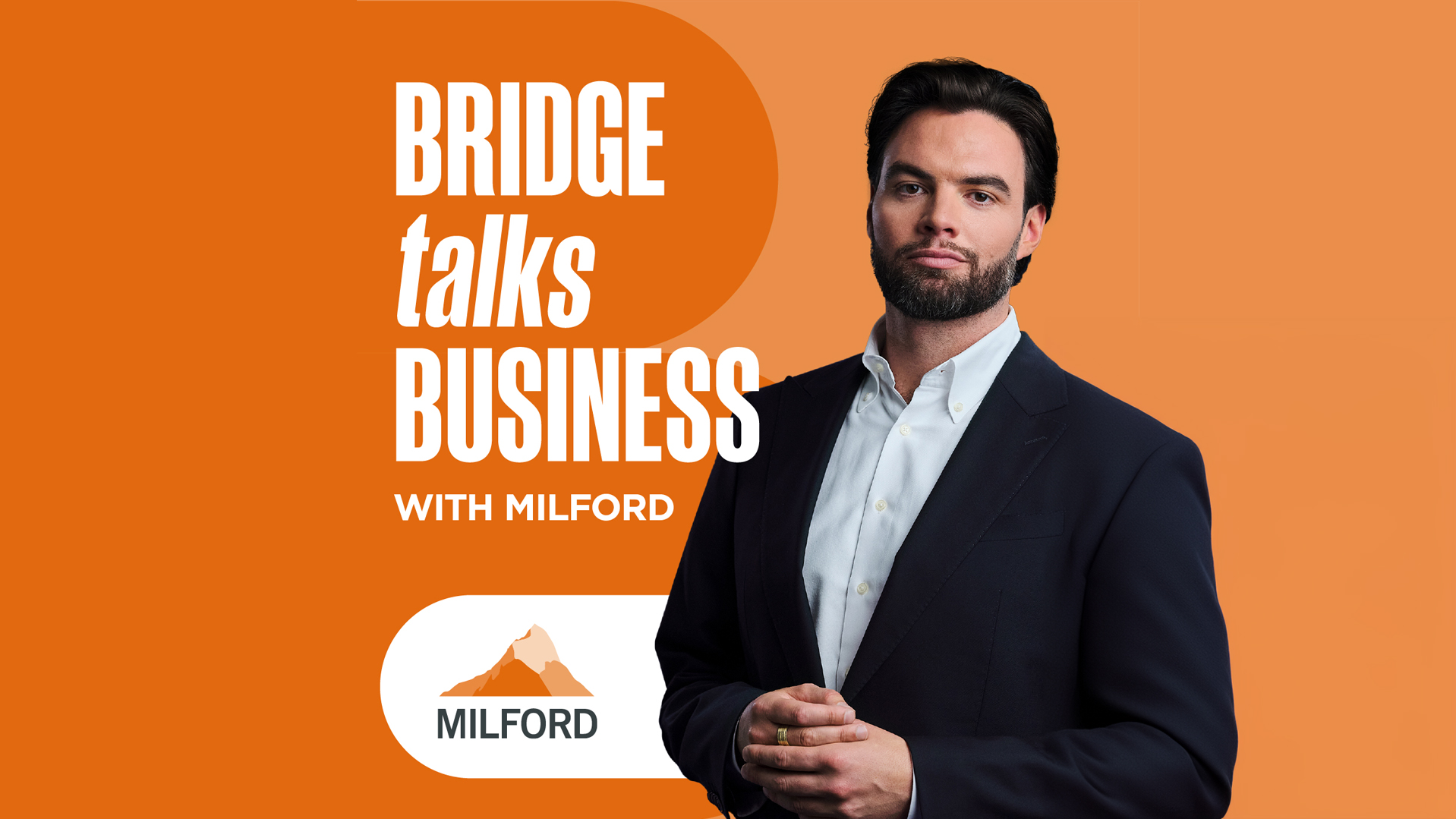Who can be a philanthropist?
You don’t need to be ultra-wealthy to be a philanthropist. The economic and environmental problems caused by the COVID crisis over the last year or so has highlighted what a fortunate position many of us are in compared to others. This has led to generous donations of money or time to charity by many individuals and families.
However, how do you know your charitable giving will make a meaningful difference? At the last count, there were 27,921 registered charities in New Zealand (roughly one charity for every 170 New Zealanders), many of whom do great work but sometimes they appear to be fighting for similar causes to other charities. Often they seem to be competing for the same dollars and many well-meaning charities are saddled with high administrative costs and sometimes struggle to make an impact.
Faced with this unclear pathway and often fatigued by numerous approaches from different causes, many individuals and families simply put their philanthropic aspirations to the bottom of their “to do” list, to be addressed some other time. Often, despite their best intentions, they just never get around to doing anything about it, apart from the occasional, spur of the moment reaction.
Why even think about philanthropy?
There are many reasons to keep a structured philanthropy strategy on the agenda for family discussions. Here are just a few;
- Succession planning; Philanthropy is about selfless concern for others, but it is also of immense benefit to the donor and their family. It’s a great way to get the family around the table and discuss shared values. These conversations can be used as a backbone for wider discussions around succession planning and it’s a great opportunity to give younger generations of the family a chance to participate in decision making and strategy.
- Financial management; Family discussions around philanthropy are important preparation for the younger generation to start thinking about money and how to use it. Many of the most successful family groups around the world have noted that their families learn more about financial matters by learning how to prudently give money away rather than by simply accumulating wealth and spending it.
- A fulfilling life; Family members learn through philanthropy that wealth is not just about being able to afford what they want, but it can be a powerful tool to create better lives for others. This leads to more purpose, fulfilment and ultimately, happiness.
Sensible and effective philanthropy is not easy. As Andrew Carnegie (the American industrialist and philanthropist) said “it is more difficult to give money away intelligently than it is to earn it in the first place”.
But there is a responsibility that comes with wealth to investigate and put in place effective philanthropic strategies and also to ensure impactful use of the funds donated.
The act of formulating and implementing such a strategy has many benefits in terms of financial awareness and purposeful living.
The rewards of being a donor
Targeted and well thought through philanthropy can make a real difference in New Zealand. There are great examples of charitable organisations that have broken the cycle of poverty in certain areas or have improved environmental factors in various regions.
Just a small donation to such organisations can be effective and can change lives if used properly. When a philanthropist finds a charity that makes a difference, it is hugely rewarding to the donor, especially if the donation is long term with measurable impact and the donor can follow the charity on its journey. But often, it is the selection and ongoing monitoring of appropriate charities that causes donors and potential donors some headaches.
How to make a difference?
Once you have talked through some of the items mentioned above and decided on your charitable priorities, how do you ensure that your giving is going to make a meaningful difference and how will you measure that?
Many people and organisations are keen to give advice on this subject, but a good place to start are reputable organisations such as Philanthropy NZ, the national organisation offering representation, networking and information to the philanthropic sector.
Locally, there are community foundations. An example would be the Auckland Foundation, an independent charitable foundation which manages endowments for philanthropic clients.
The Milford Foundation can also help. The Milford Foundation has been established to help strengthen communities throughout New Zealand by utilising Milford’s financial resources, investment expertise and commercial discipline.
If your charitable aspirations line up with the three granting pillars of the Milford Foundation (Youth, Education and the Environment), then this is an excellent way to donate to great causes, in the knowledge that Milford are overseeing and working alongside the charity partners to ensure impact as well as growing the donations to ensure a long term relationships with chosen charities.


